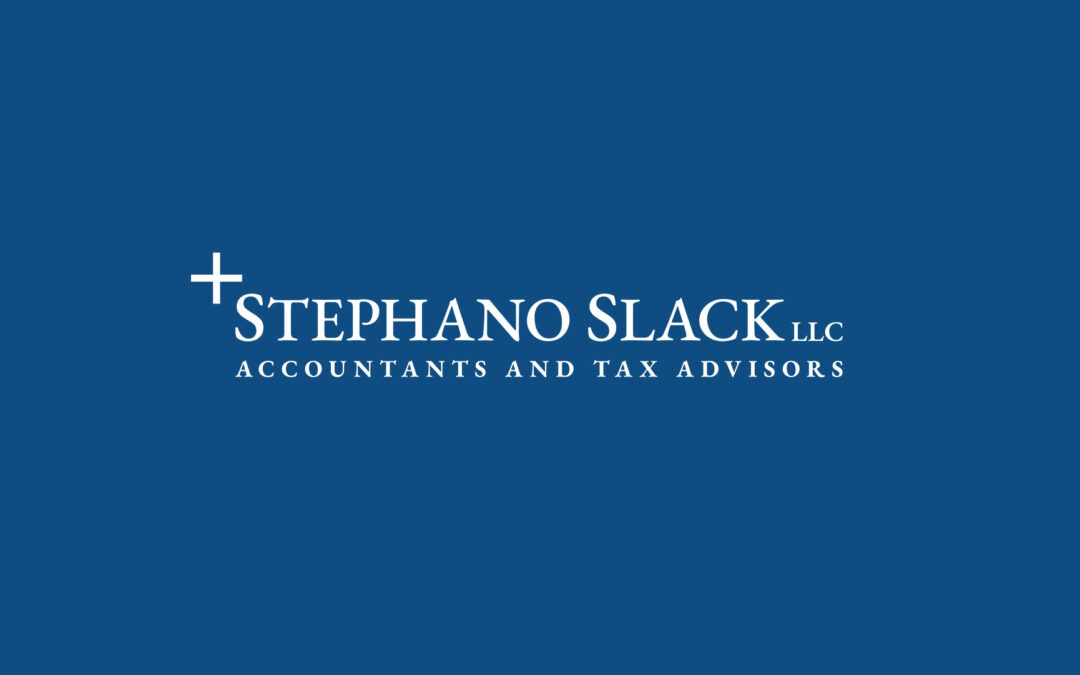The Corporate Transparency Act (CTA) of 2021 was enacted to increase entity structure and ownership transparency to combat illegal activities such as money laundering and tax fraud. Effective January 1, 2024, the law requires entities to report beneficial ownership information (BOI) to the U.S. Department of the Treasury’s Financial Crimes Enforcement Network (FinCEN). Failure to comply with the CTA carries significant civil and criminal penalties, including substantial fines and imprisonment.
Beneficial Owners
FinCEN defines a beneficial owner as an individual who either directly or indirectly exercises substantial control over the reporting company or owns or controls at least 25% of the reporting company’s ownership interests. A person has “substantial control” if they are:
- A senior officer (president, chief executive officer, chief financial officer, chief operating officer, general counsel, or any other officer).
- An individual with the authority to appoint or remove certain officers or directors with a majority interest in the reporting company.
- An important decision-maker for the reporting company.
- Someone who qualifies under the rules outlined in FinCEN’s Small Entity Compliance Guide.
Reporting Companies and Dates
Domestic and foreign entities registering with a secretary of state or a similar office in a U.S. jurisdiction or Indian tribe must submit their initial BOI report by:
- January 1, 2025: Existing entities formed or registered before January 1, 2024.
- 90 days from the date of formation or registration: New companies formed or registered in 2024.
- 30 days from the date of formation or registration: New companies formed or registered after December 31, 2024.
Reporting companies include limited liability partnerships, limited liability limited partnerships, business trusts, and most limited partnerships, in addition to corporations and LLCs.
Reporting Requirements
Reporting companies must provide each beneficial owner’s name, date of birth, home address, and unique identifying number from an acceptable identification document issued by a state or tribal jurisdiction (along with the image of such document). A valid foreign passport may be used in specific situations.
A reporting company must provide its full name, trade name (DBA), address, state or tribal jurisdiction of formation, and tax identification number (TIN). Foreign companies must include the state or tribal jurisdiction where they first registered in the U.S.
Any updates to the beneficial owners or company information reported in the initial BOI report must be filed within 30 days of the change.
Company Applicants
Entities created or registered in 2024 and thereafter must disclose up to two company applicants (individuals who file the application to form a corporation, LLC, or similar entity). This requirement does not apply to entities formed prior to January 1, 2024.
Exemptions
There are 23 entity types that are exempt from BOI reporting requirements, including publicly traded companies meeting specified requirements, many non-profit organizations, certain large operating companies and certain inactive companies. Detailed information on each exemption criterion is available in FinCEN’s Small Entity Compliance Guide.
Large operating companies are exempt from filing if they meet all three of the following criteria:
- Size: Employs more than 20 full-time employees for an average of at least 30 hours of service per week that are employed in the United States. FinCEN requires each LLC, corporation, or entity to count employees individually, without consolidation across affiliates. Parent companies cannot include subsidiary employees in their count, and subsidiaries cannot include parent company employees.
- Location: Must operate from a location leased or owned in the U.S. and physically distinct from the place of business of any other unaffiliated entity.
- Gross Receipts: Filed a U.S. federal tax return for the previous year reporting $5 million or more in gross receipts or sales, excluding foreign sources.
Inactive Companies
All six of the following criteria must be met for an entity to be inactive:
- Existed on or before January 1, 2020.
- Is not engaged in active business.
- Is not owned by a foreign person, whether directly or indirectly, wholly or partially.
- Has not experienced any change in ownership in the preceding twelve-month period.
- Has not sent or received funds greater than $1,000 directly or through any financial account in which the entity or any affiliate had an interest in the preceding twelve months.
- Does not hold any kind or type of assets, whether in the U.S. or abroad, including any ownership interest in any corporation, limited liability company, or other similar entity.
Penalties for Non-Compliance
Companies that fail to file BOI can face serious consequences, including a fine of $591 a day, up to $10,000, and two years in prison. Similarly, severe penalties apply for filing false information, underlining the importance of compliance and the potential risks of non-compliance.
Companies may avoid penalties if they correct a mistake or omission within 90 days of the original report’s deadline.
CTA Ruling Update
In 2022, the National Small Business Association (NSBA) filed suit, claiming that the CTA and BOI reporting requirements infringe on constitutional rights by compelling U.S. citizens and residents to reveal sensitive personal information. The U.S. District Court for the Northern District of Alabama agreed, ruling the CTA unconstitutional and suspending BOI filing requirements for NSBA members as of March 1, 2024. However, other businesses must continue to comply with the CTA. Reporting companies should stay informed about ongoing legal developments, as the CTA remains in effect for most entities.
Companies can complete BOI reports on FinCEN’s website. We are happy to answer your questions regarding CTA and BOI reporting and/or assist with BOI filings. Feel free to contact your SS tax manager/partner for additional information at 610-687-1600.
Christine Fisher-Guyer, CPA, Partner



Recent Comments